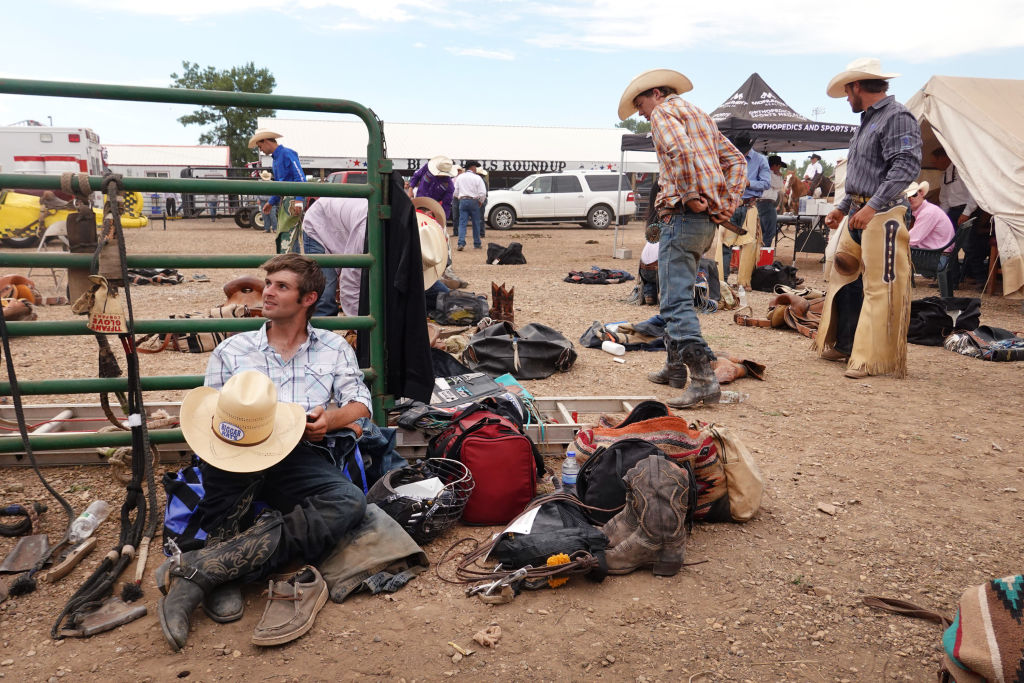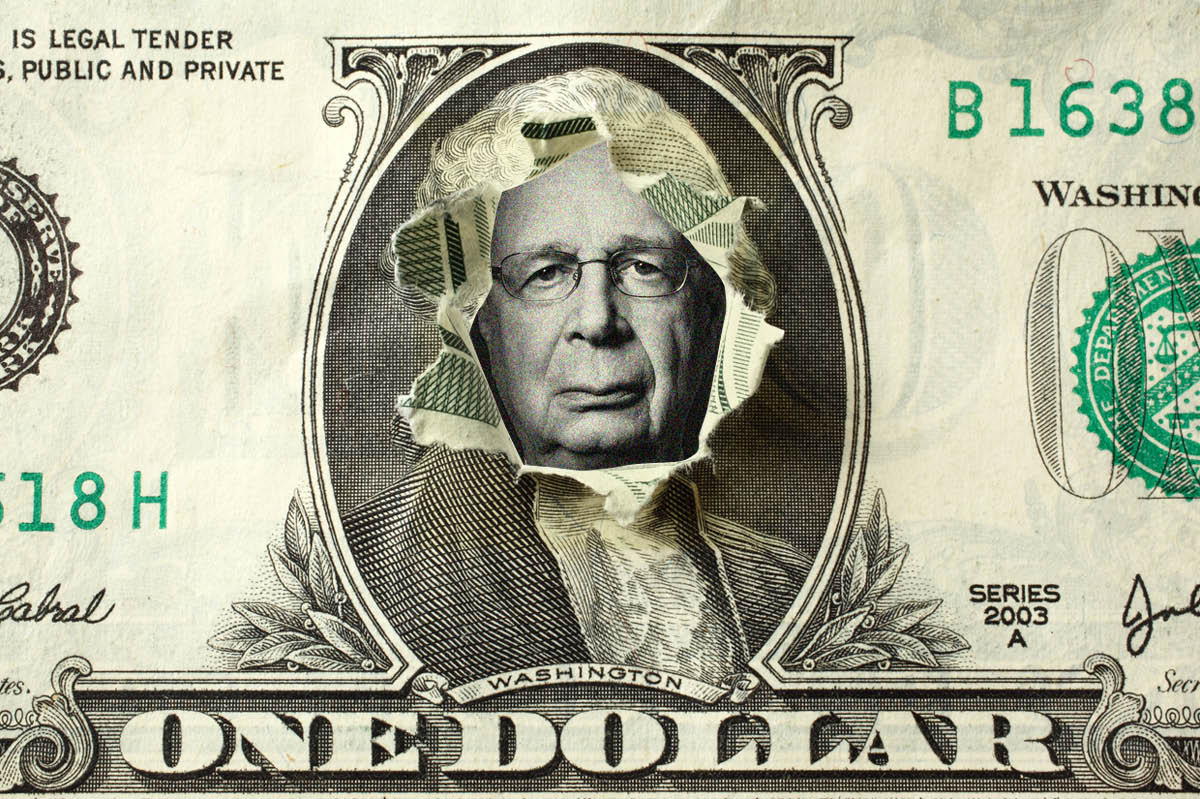Deep down, everyone has always known that the wealthy and powerful hide away vast quantities of often ill-gained money in far-flung tax havens. In recent years though, with the Panama and Paradise Papers, the public has had chances to see how the clandestine industry that helps the elites do so operates. Another such opportunity has come knocking with what is being called the biggest leak of offshore data in history.
The Pandora Papers consist of almost 12 million files that lay out the secret financial affairs of almost three dozen world leaders and hundreds of high-level public officials from more than 90 countries. The details make for sensational headlines: the king of Jordan has a hidden $100 million real estate empire (including a seven-bedroom mansion in Malibu!); the Czech president acquired a $22 million estate on the French Riviera (Chateau Bigaud, with five bedrooms and 9.4 acres of land tucked away in rural France, next to medieval ruins) and never reported it, despite being required to do so by Czech law; major donors to the UK’s Conservative party were in engaged in corruption and bribery (it was merely a $220 million bribe to the daughter of Uzbekistan’s authoritarian former president, don’t overthink it!); and on and on and on.
It would be amusing to watch these well-to-do elites twist themselves into pretzels trying to clarify why they own such interesting offshore shell companies (and their very interesting assets) — if it wasn’t for the fact that we are indirectly paying for much of this extravagance.
A gentle reminder: there is nothing inherently illegal about shell companies, offshore trusts, and other structures — even if located in a tax haven. Everyone has a right to privacy and security. The problem is that the secrecy these structures offer, when combined with tax havens, are also useful to criminals, fraudsters, money launderers, tax evaders and their ilk. Similarly, these structures are useful for those who wish to engage in the wonderful art of tax avoidance: parking your money in a sun-kissed locale to legally avoid paying taxes otherwise owed.
How much are we talking about here? According to research by professor Gabriel Zucman of the University of Berkeley in California, around 10 percent of global GDP (if not more) is scurried away in tax havens. That would amount to $8.45 trillion worldwide that is not being taxed and spent. The OECD, for its part, puts the figure somewhere around $10 to $11 trillion, give or take a few hundred billion.
Even if only a fraction of that were to be taxed at, say, 15 percent, that would still amount to somewhere between $1.27 and $1.57 trillion that doesn’t end up in public treasuries. How many roads could be paved with that money? How many schools or healthcare programs could be funded? How many houses could be built? The answer to all of these is simply ‘a lot’ — and that should matter.
Whatever happened to the grand promises made to crack down on this exact sort of thing after the disclosures of the Panama Papers over five years ago? Didn’t numerous world leaders sign the unimaginatively named ‘Global Declaration Against Corruption’? What about the promises by many countries to launch public ownership registries to stop financial crime? What about corporate ownership disclosure laws?
The sorry truth is that despite some arrests, resignations and new laws, not much has really changed. The wealth management firms that help run the global tax avoidance ‘system’ have a very simple advantage, according to Copenhagen Business School professor Brooke Harrington: they ‘have 24/7/365 to do nothing but finds ways around whatever laws you think up’. It doesn’t help that leaders voted into office promising to end these sorts of practices are themselves involved in it. The Czech president with the French chateau? A sworn anti-corruption crusader. Kenya’s president Uhuru Kenyatta, who in 2018 declared that ‘every public servant’s assets must be declared publicly so that people can question and ask: what is legitimate’? He and his family members own five offshore companies with more than $30 million in assets that weren’t properly disclosed. Ukrainian president Volodymyr Zelensky, a former comedian who was similarly elected to clean up his country’s corrupt, oligarch-dominated economy? He and his close associates are the beneficiaries of offshore companies that own expensive properties in London.
Will the United States ride in to the rescue? Don’t count on it. Despite President Joe Biden’s strong words at the United Nations General Assembly last month, proclaiming that corruption ‘is nothing less than a national security threat in the 21st century’, America is not just complicit in the offshore economy, it’s facilitating it. The state of South Dakota, best known for its ranching and national parks, is also the favored tax shelter for billions of dollars linked to financial criminals. Baker McKenzie, the nation’s biggest law firm, is described as ‘a pioneer in corporate tax dodging’ now acting on behalf of ‘notorious tycoons, arms makers and authoritarian regimes acting in the shadow economy’. Even the Corporate Transparency Act, a bill signed into law earlier this year and heralded as landmark legislation in the fight against tax avoidance and money laundering, is riddled with loopholes.
Populist movements all around the world have surged in the past few years. More and more people sense that the transnational elite class is out for itself, that the game is rigged and that opportunities for the average individual to advance are rapidly dwindling. The Pandora Papers seem to prove them right. The question now is: what comes next?
Carlos Roa is the senior editor of the National Interest.

























